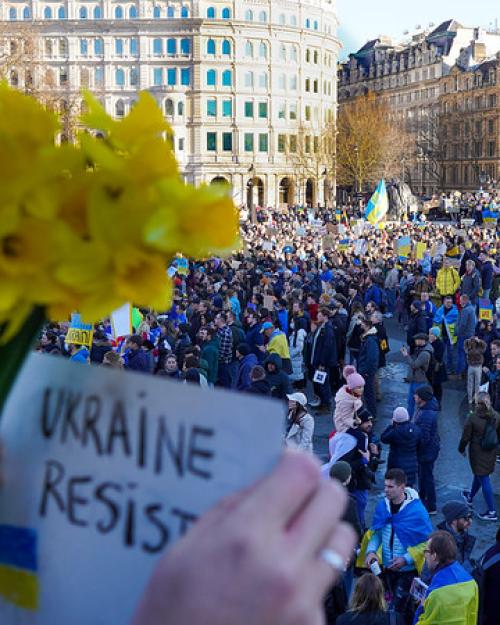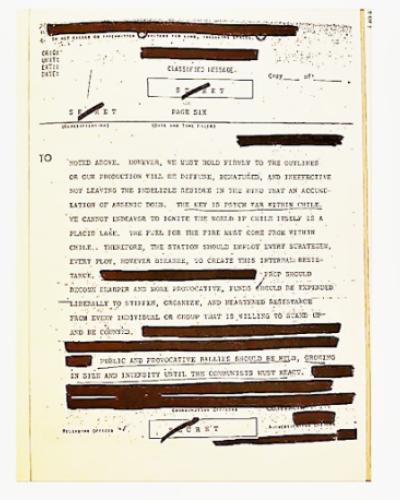HIST 1951 Foreign Policy as Subversion (also AMST 1951, LATA 1951) (GB) (HST-AS) (EC-SEAP) (HTR)
Tuesday and Thursday: 1:25-2:40 plus discussion
Professors Raymond Craib and Tamara Loos
To what extent does the ideal of the US as a vanguard for democracy and freedom in the world match up with other aspects—military, economic, and humanitarian—of US foreign policy? This same question about the degree to which discourses and practices correspond might be asked of other countries, like the Soviet Union, China, and Britain, but this course examines the ways in which US foreign policy has been deployed over the course of the twentieth century and the ways those policies have been perceived and received by people living in Latin America and Southeast Asia. Particular case studies will be addressed stemming from the faculty’s specializations (for example, Vietnam, Cambodia, Guatemala, and Chile) and the emphasis is on the role of the United States in Latin America and Southeast Asia. Prominent themes will include forms of subversion, from military muscle to economic coercion, and how and why they have changed over time; meanings of liberty, democracy, freedom, and sovereignty in different places and times; popular responses to policies and actions of foreign administrations; the relationships between sovereign states and transnational corporations; the uses and abuses of History in the formulation and justification of policy initiatives and in local responses to them; and the complexities involved in discerning internal and external forces in an increasingly transnational world. The course emphasizes lectures but also intensive reading and participation in discussions about both primary and secondary texts, as well as of films and other visual sources.





